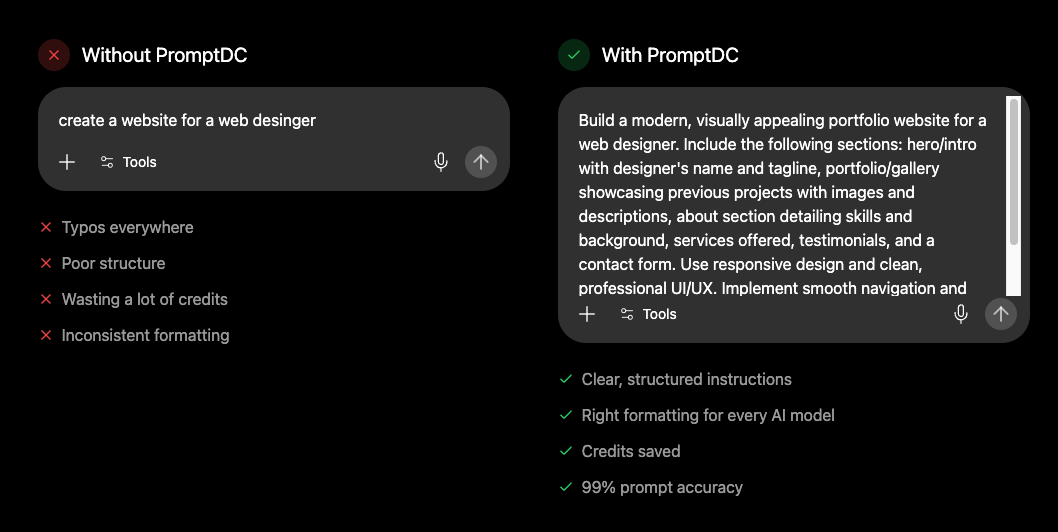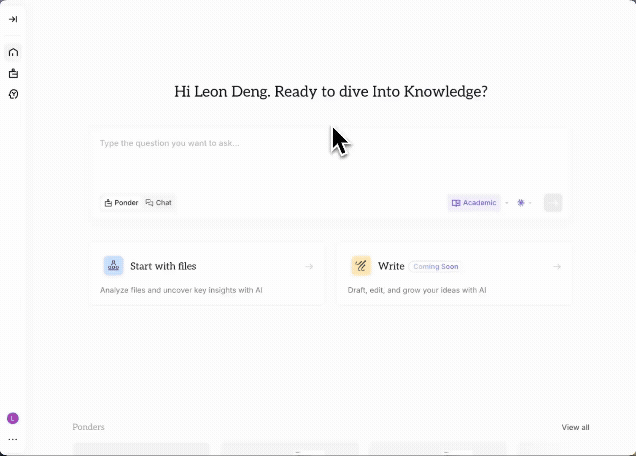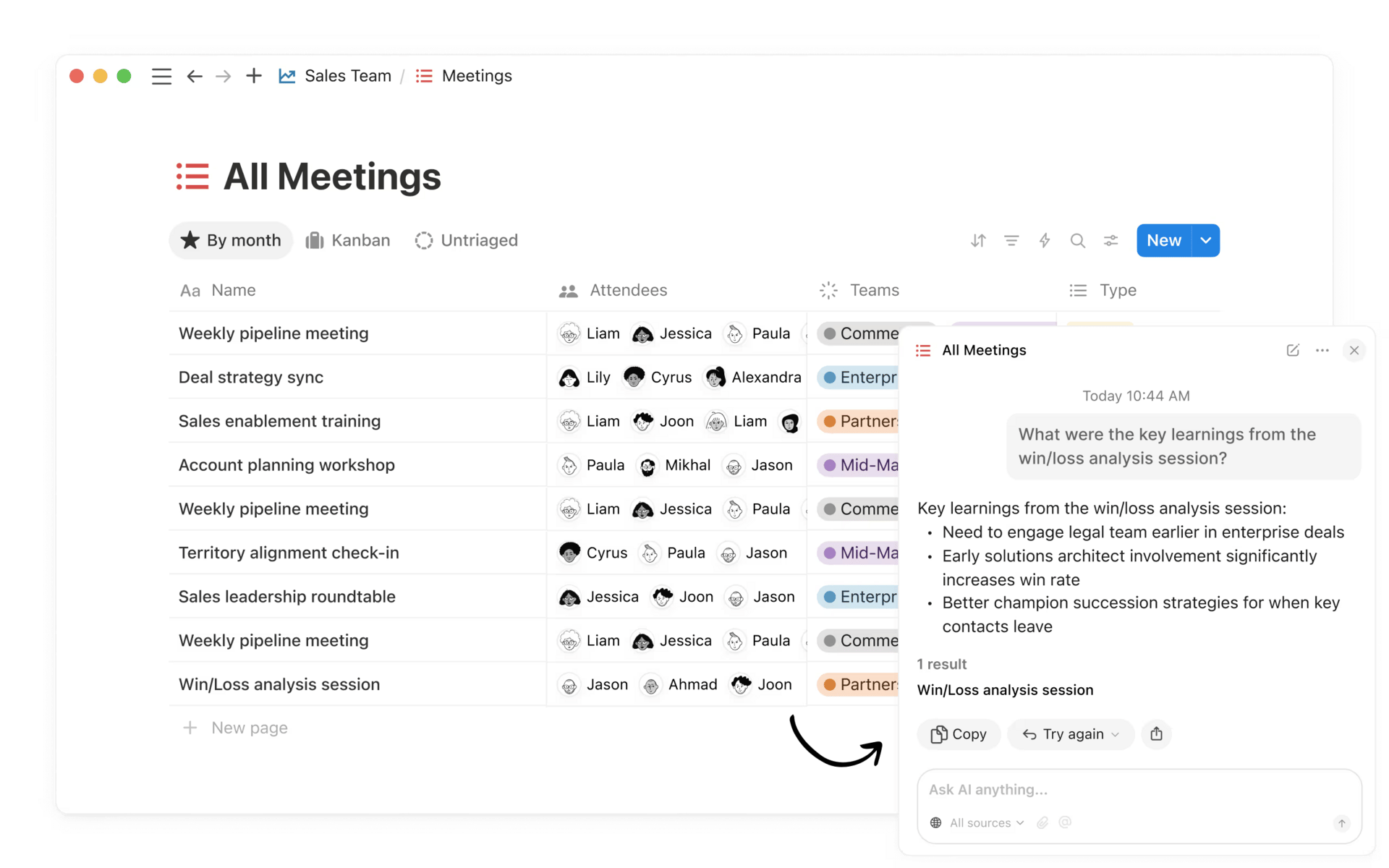- Future Tools
- Posts
- ChatGPT takes action
ChatGPT takes action
Plus: AWS bets on AI agents
Welcome back! A question I’ve been kicking around lately: How do real people use AI?
Everyone’s out here testing LLMs with math puzzles, coding challenges, and obscure trivia…but that’s not how most people use tech day to day. What if we benchmarked models based on what folks actually care about, like grocery lists and travel itineraries and remembering whether the dishwasher is clean or dirty?
I’m wondering: What’s a regular, everyday task you would love for AI to do better? |


ChatGPT isn’t just chatting anymore

CEO of OpenAI Sam Altman announced its first ChatGPT agent this week / Getty Images
Yesterday, OpenAI launched its most ambitious product yet: ChatGPT agent, a general-purpose AI agent that can navigate apps, run code, and complete real-world tasks for you.
Like? Plan a meal. Build a deck. Browse websites. Pull data from Gmail, GitHub, and more. You speak to it in natural language, and the agent figures out the steps and actions needed to get the job done.
This isn’t OpenAI’s first foray into agents, but it’s the most advanced by far. Roll the tape:
Scores 41.6% on Humanity’s Last Exam (vs. ~20% for o3 and o4-mini)
Crushes FrontierMath with a 27.4% score using tools (vs. 6.3% for o4-mini)
Taps into ChatGPT Connectors, terminals, APIs, and a new agent mode interface
Worth keeping in mind: OpenAI says the agent is “high capability” in sensitive domains like biological weapons and has added real-time safety monitors that screen every prompt for risky use cases. Any mention of biology gets routed through a secondary classifier before the response is allowed through.
Why it matters: This general purpose AI represents a big shift for OpenAI—away from just answering queries and toward actually doing things.
AWS bets big on AI agents
At the July AWS Summit in New York, Amazon unveiled a sweeping vision for agentic AI—and perhaps a foundational shift in how software is built and operated at scale.
The centerpiece? AgentCore, a suite of modular services designed to help enterprises build, deploy, and scale secure, production-ready AI agents that can reason, act autonomously, and plug into enterprise systems.
AWS is also 1) launching a new AI Agents and Tools category in the AWS Marketplace to simplify adoption and 2) putting another $100M into its Generative AI Innovation Center to help companies build agentic solutions faster.
Why it matters: AWS sees AI agents as the next evolution of cloud. First storage, then compute, then models…and now autonomous software.
Nvidia warms up to China (again)
Nvidia CEO Jensen Huang just called China’s AI models “quite good.” It’s like when your accountant dad finally admitted your college comp sci major was a good call: It’s a total tone shift.
Why the pivot? The US has placed tight restrictions on advanced chip exports to China, but Nvidia is navigating the trade turmoil with newly compliant chips. Huang’s diplomatic nod comes as trade talks heat up, especially around critical rare earths and AI infrastructure.
What's at stake:
Nvidia made $10B+ in annual revenue from China before restrictions hit.
With demand for AI compute skyrocketing globally, the company can’t afford to ignore the world’s second-largest economy.
At the same time, US policymakers are growing wary of strengthening China’s AI stack.
Zoom out: Nvidia is playing a careful game, trying to protect its massive market share while dodging political landmines.

Auto-Draft Meeting Notes Where You Already Work
Notion AI Meeting Notes isn’t just another auto-scribe. It captures, summarizes, and connects your meeting content directly inside the workspace where all your work already lives.
Notion AI Meeting Notes steps in to:
Transcribe in real time and summarize instantly—all within your workspace
Automatically link to projects, docs, and teammates
Keep a searchable, shareable record for future collaborations
Ready to integrate your notes automatically?



The art of better prompts

PromptDC
PromptDC helps you build, test, and organize prompts like a pro. You write your desired output and PromptDC enhances the prompt. No more screaming matches with ChatGPT or generic responses from LLMs.
How you can use it:
Save time by reusing effective prompts across projects
Get templates tailored for marketing, research, coding, and support
A/B test prompts and track which ones work best
Pricing: Free & Paid

A second brain that actually thinks with you

Ponder
Ponder is an AI-powered knowledge workspace that helps you synthesize across sources. Think PDFs, articles, lecture videos, and even conversations.
Here’s how, for example, a grad student could use it:
Drop in a few papers you’re exploring for your thesis. Ponder builds a visual knowledge map showing how key themes link together.
Ask questions like “What are the main reasons cited for rising obesity rates in urban populations?” and Ponder pulls and organizes the relevant evidence from your uploaded documents.
Export your findings as a markdown summary or visual map for easier writing later (read: fewer late nights in the library).
Pricing: Free & Paid


Jobs, announcements, and big ideas
Decart just launched Mirage, a new tool designed to make AI model evaluations more transparent and trustworthy.
Windsurf’s Wave 11 update is here, packing new browser tools, voice mode, and checkpoints to streamline how you navigate the web.
Mistral’s Le Chat chatbot leveled up, now featuring deep research mode and smarter tools to boost productivity.
Adobe Firefly can now generate custom sound effects—all from your own audio cues.
The UK’s £225M Isambard-AI supercomputer is now live in Bristol, built to drive breakthroughs in both tech and medicine.
Hume AI is pushing the boundaries of voice cloning with EVI 3, a model that mimics how you speak and sound.


You don’t need a studio. Just one image, and Veo 3 does the rest. 🤯

That’s a wrap! Earlier this week, I asked you this: Could AI-powered social apps like this one make a dent in the current landscape of mega platforms?
65% of you said “Yes, totally.” Plenty of skeptics chimed in too, but one response stuck:
“I think using AI to connect people IRL is going to be a way to meaningfully use it to help people find deeper meanings in their life.”
The appetite for something new and IRL is real. See you next week!
—Matt (FutureTools.io)
P.S. This newsletter is 100% written by a human. Okay, maybe 96%.


